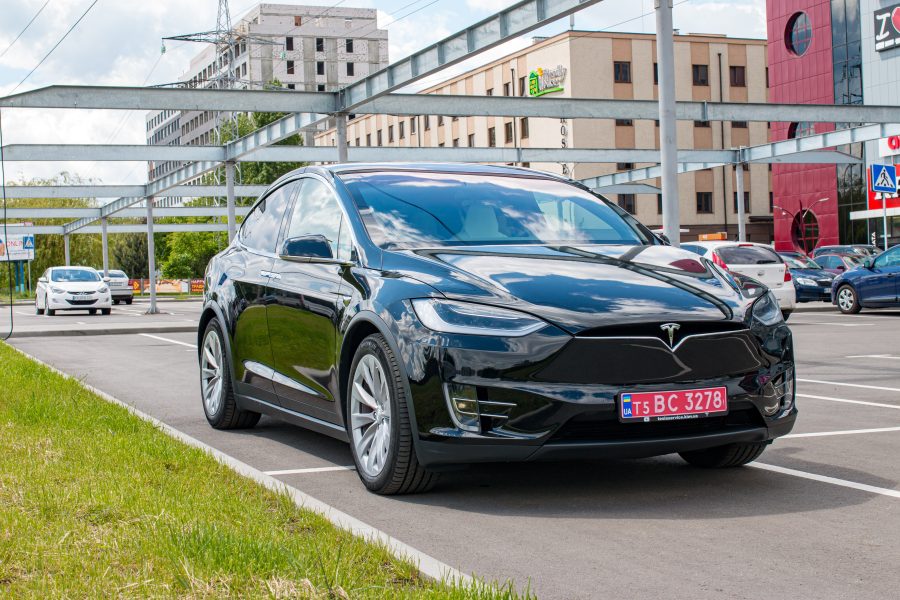In a world increasingly concerned about environmental sustainability, electric cars have emerged as a revolutionary solution to reduce carbon emissions and promote green transportation. This comprehensive guide delves into the realm of electric cars, exploring their benefits, advancements, and impact on sustainable mobility.
As the automotive industry embraces electric vehicles (EVs), let's uncover how these cars are reshaping the future of transportation.

The Rise of Electric Cars
As concerns over air pollution and climate change intensify, the automotive landscape is witnessing a monumental shift towards electric cars. These vehicles, powered by electricity rather than traditional fossil fuels, offer a cleaner and more eco-friendly mode of transportation. With advancements in battery technology and charging infrastructure, electric cars have become a viable choice for environmentally conscious consumers.
A Closer Look at Tesla Model Y
One standout player in the electric car market is the Tesla Model Y. This compact electric SUV combines sleek design with impressive performance, capturing the attention of both enthusiasts and eco-conscious drivers. With its cutting-edge technology and long-range capabilities, the Model Y exemplifies the future of electric cars.
Advantages of Electric Cars
Electric cars offer a range of benefits beyond reducing greenhouse gas emissions. They are known for their quieter operation, lower maintenance costs, and instant torque delivery, providing a unique driving experience. Furthermore, the reduced reliance on fossil fuels contributes to energy independence and a more resilient transportation system.
Charging Infrastructure and Range
The growth of electric cars is intrinsically tied to the development of charging infrastructure. Public charging stations, fast-charging networks, and at-home charging solutions are expanding to accommodate the growing EV market. Moreover, modern electric cars like the Tesla Model Y boast impressive ranges, alleviating the once-common concern of "range anxiety."
Environmental Impact and Sustainable Future
Electric cars play a pivotal role in achieving a sustainable future. By transitioning from internal combustion engines to electric propulsion, we can significantly reduce air pollutants and dependence on finite fossil fuels. This transition aligns with global efforts to mitigate climate change and create cleaner urban environments.
Challenges and Opportunities
While electric cars offer numerous benefits, challenges remain. The initial higher upfront costs, limited charging infrastructure in some areas, and battery recycling are areas that require attention. However, as technology advances and more automakers invest in EV production, these challenges are gradually being addressed.
Looking Ahead: Electric Cars Revolution
The electric car revolution is gaining momentum. With major automakers committing to phasing out internal combustion engines and governments implementing incentives for EV adoption, the future of transportation is electric. As the automotive industry shifts towards sustainable mobility, electric cars will play a pivotal role in shaping a greener and more sustainable world.
Conclusion: Driving Towards a Greener Future
Electric cars are not just a technological advancement; they are a symbol of progress towards a more sustainable future. With vehicles like the Tesla Model Y leading the way, electric cars are redefining the automotive landscape. As charging infrastructure improves and consumer awareness grows, electric cars are set to become the norm rather than the exception. By embracing electric cars, we are contributing to cleaner air, reduced carbon emissions, and a more sustainable planet for generations to come.


